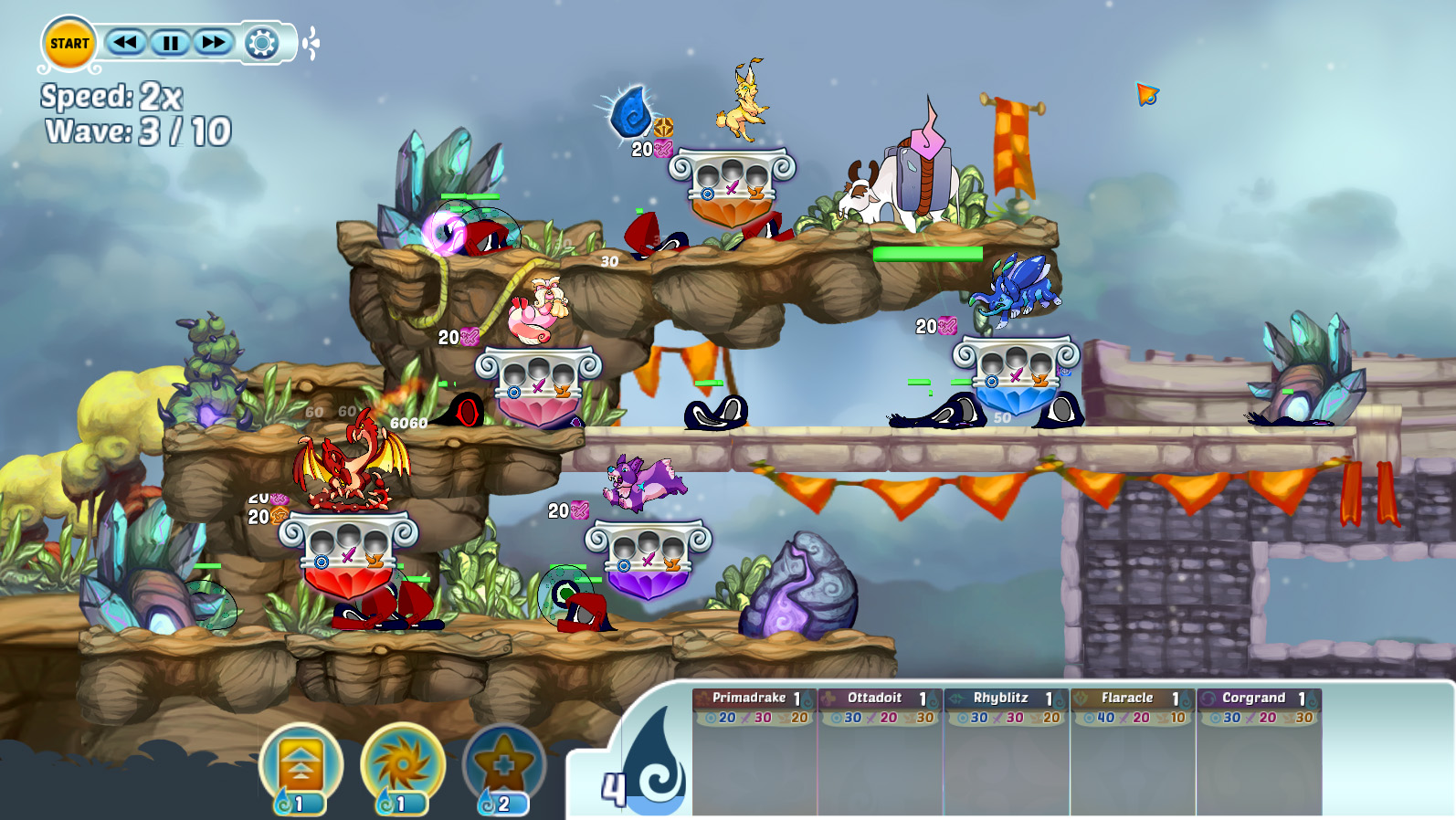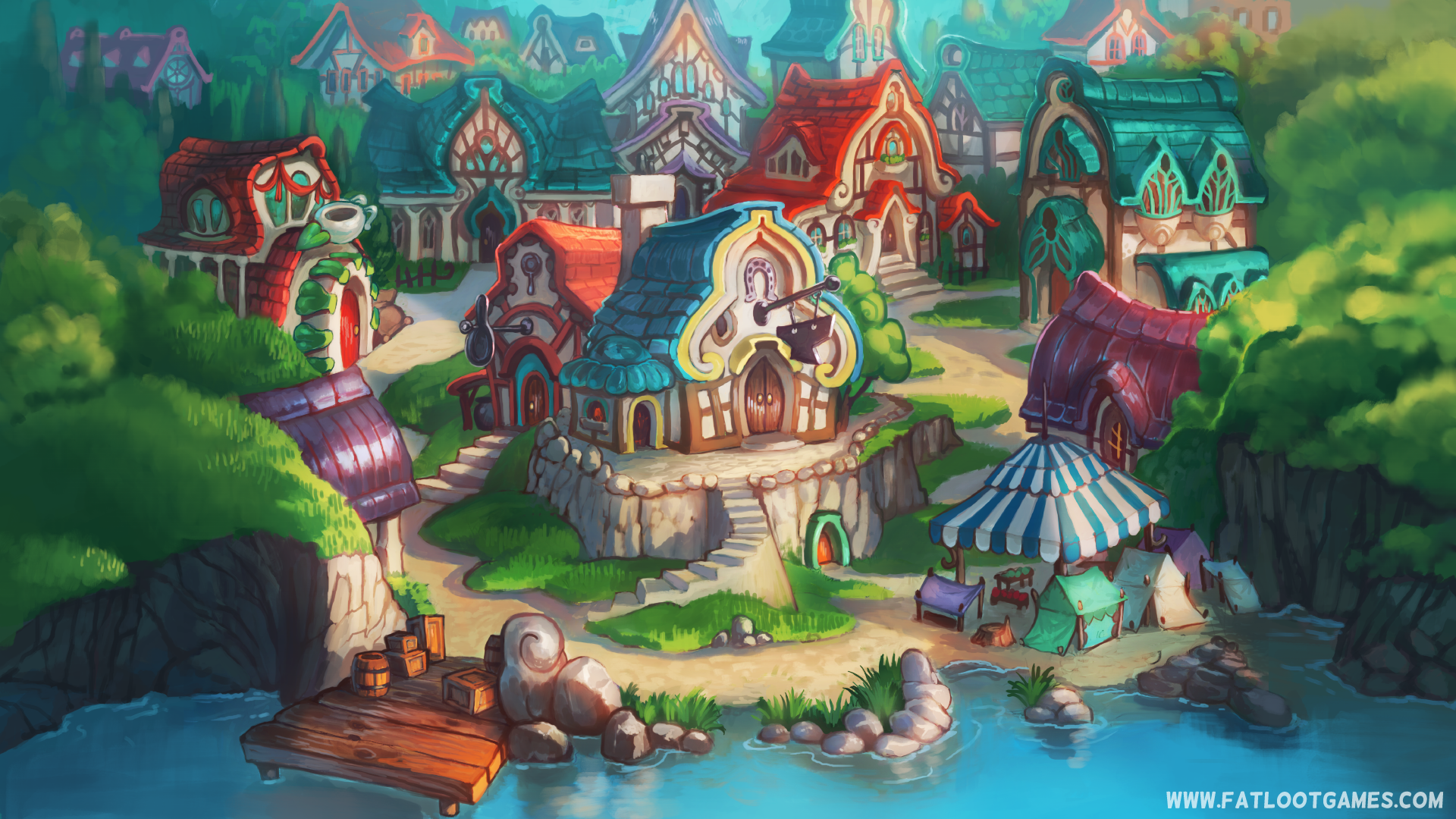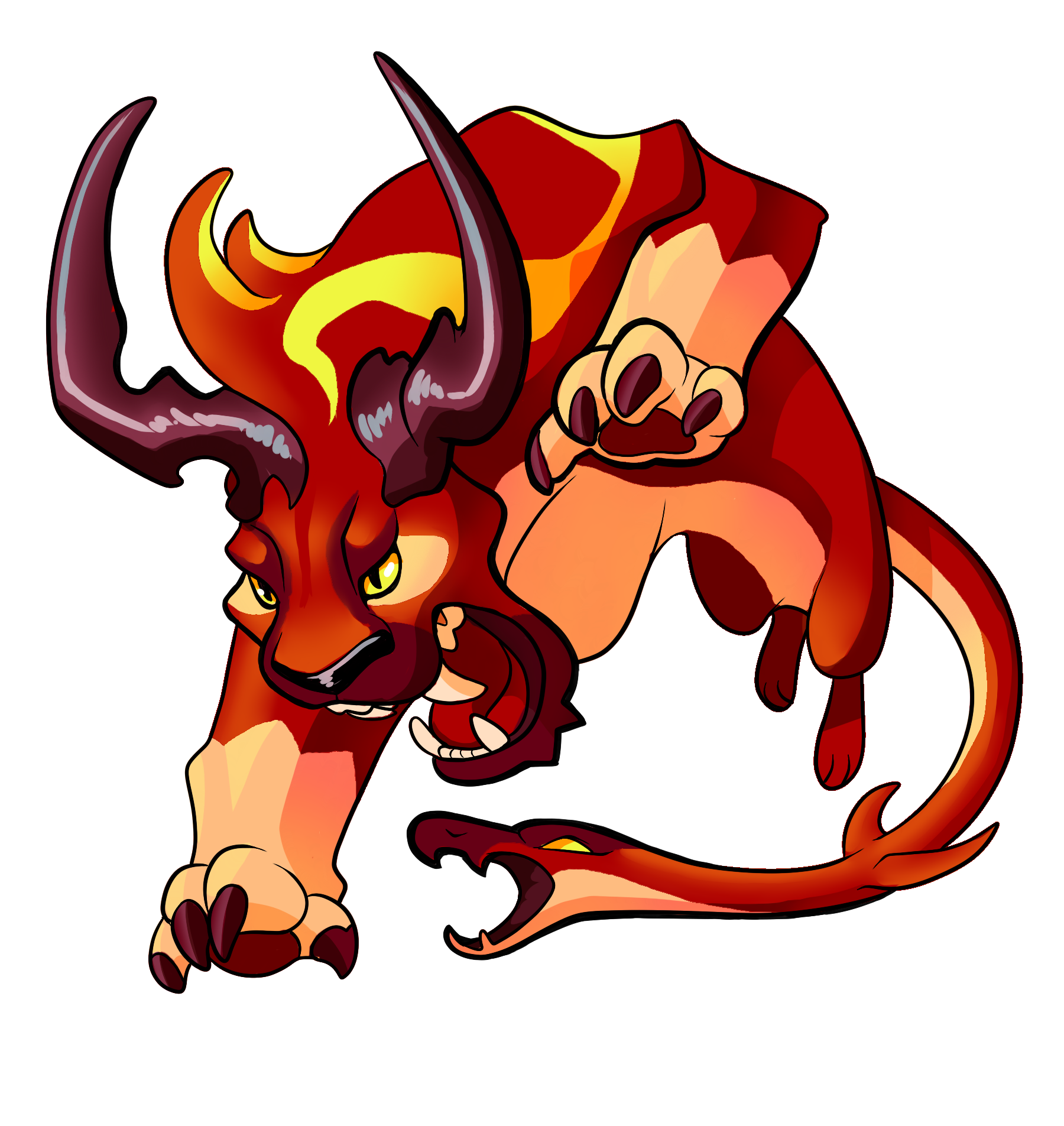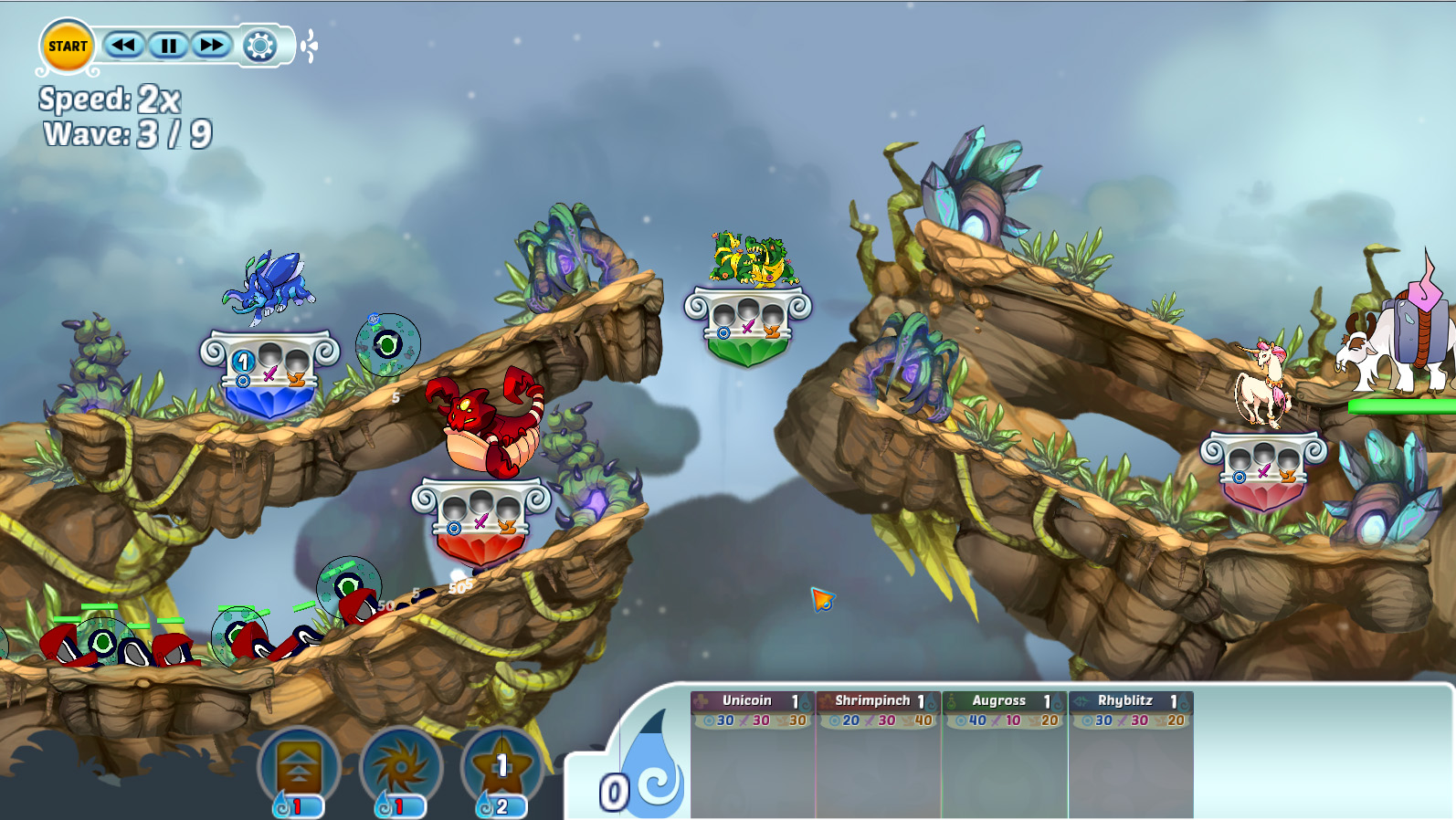Injuries can effect more than sports careers.
I met Lynn Hogan at the MGF mobile games conference in Seattle in October, and I immediately became interested in her story. She’s a former concept artist (her career in that field was heavily impacted by a nasty injury) who’s now the chief executive officer of Fat Loot games, which she cofounded. Now, her diverse company is working on Soul Locus, a colorful tower-defense game available now via Steam Early Access.
We talked about her injury that moved her away from design, her diverse staff, and the challenges of working on a game in early access.
GamesBeat: You said that you used to work as a concept designer.
Lynn Hogan: Yeah. I actually worked in merchandise design and visual development and concept art for the last 15 years. Although now I guess I do a little bit of it still, for our company. It’s hard to say that it’s not what I do anymore. Production art was part of my life for so long. I worked for Popcap Games for a couple of years. I worked for n-Space out in Florida, where I’m from. Before I went to n-Space I worked for several apparel companies out in Florida, and a company where we did merchandise for Harley-Davidson, M&Ms, Jimmy Buffett’s Margaritaville.
GamesBeat: You said there was an injury that prevented you from doing that full-time?
Hogan: In 2013 I had some problems with repetitive stress injuries, and I just tried to push through it. It ended up being a pretty bad injury called thoracic outlet syndrome, where the tiny little muscles in your neck will tighten up and then not let go. All of the blood flow and nerves my brain to my hand were getting pinched all the time. It was bad enough during that summer that I couldn’t turn a doorknob or hold a towel.
GamesBeat: That must have been shocking, given what you do. Was it kind of a panicky time?
Hogan: It’s been quite the journey. It’s not even just my source of income. Being able to create like that is almost meditation for a lot of artists. It’s a really soothing space. Having something that brought me something so much peace and joy become something that caused me a lot of pain was really something I had to process over the last few years.
I just realized that energy didn’t have to find its outlet through my hand. I spent some time mentoring younger artists and trying to help them get into production artwork, training them up, so I found an outlet in empowering other artists to be professionals and do some outstanding work. It’s been an adjustment. I have gotten better as I’ve had some time to heal, so I have been able to get a little bit back into production art. But not full-time. I don’t think I can do it full-time anymore.
GamesBeat: Did you start Fat Loot Games?
Hogan: I started Fat Loot with two business partners. We incorporated in November 2013. Currently our team is six people. We’re working on a game called Soul Locus right now. It’s on the Steam store.
GamesBeat: It’s a sort of tower defense-meets-Pokémon? Or that’s the vibe I got from it.
Hogan: That would be right.
GamesBeat: You said your team is mostly women?
Hogan: My team is a fair amount of people with two X chromosomes. I have two people on the team who identify as non-binary, which is a bit unique. That’s tilted the gender ratio. I’m the CEO, our CTO is male, our game designer is male, and I have some other contract illustrators who are men, and then I have a lot of women and two non-binary people to round it out.
GamesBeat: Definitely a diverse team. More diverse than most studios.
Hogan: I think so. I’ve had some fantastic opportunities to work with companies that were always very encouraging of diversity. Really healthy work environments. At places where there were issues, I could tell there were people there who were trying to make sure it was a more welcoming work environment for women. I’ve tried to take that to heart. That helps attract those people. Knowing they can be comfortable and accepted as long as they do awesome work means I get awesome work.
GamesBeat: Do you pay attention to some of the issues going on in the industry right now, the kind of pushback against diversity that we’re seeing?
Hogan: I think it’s pretty reprehensible across the board, that there are individuals attacking other individuals. None of that is going to stop women and other people who have not normally had a voice in games from continuing to create games.
GamesBeat: You said Soul Locus is on Steam Early Access. How long has it been there?
Hogan: We launched on April 30. I definitely think it’s been beneficial. It’s been great being able to get it to the community. We’ve gotten some pretty positive press and reviews since we’ve shown the game off. We’re getting great player feedback as we’ve been updating it. When we launched we had a road map and we’ve been updating that road map with where we’re at in production. Our community understands what we’re working on and what we’re trying to get through in the game. It’s been fantastic.
GamesBeat: Do you have plans for releases on other platforms?
Hogan: We’re definitely considering other platforms. We have to look at the business side. We have plans for other games and other ways of playing games, so we’re going to take a look at what makes good business sense after we release this.
GamesBeat: You guys released a mobile game already, Monster Stacker. Is it a challenge working on a different platform, doing PC as well as mobile at the same time?
Hogan: I’d like to say it’s all just making games at the end of the day, but at this point the markets have definitely changed. There are people on Steam who play mobile games and mobile players who play on Steam, but the culture of both of those is starting to stratify and separate. The mobile player wants a short burst of gameplay. The Steam player is more likely to sit and play for a long time. When we released our game we got a lot of comments along the lines of, “It looks like a mobile game.” Because it’s 2D and colorful, and at this point that’s what mobile games mean to a lot of people.
GamesBeat: Is that a problem, having that aesthetic in a game that’s on PC?
Hogan: One of the very first comments we got on our forum, within 10 minutes of putting up our game, was, “It looks too girly.” Then we had someone else say, “I agree, it looks too girly.” Then we also had someone come in and say, “Actually, I think it looks great.” And then we had a big long discussion between people over whether it looked too much like a mobile game, whether it looked too girly, whether it was still a fun game. Especially after the game launched, though, the community was really positive, as they talked about their experiences with the game. I invite people to make their own decision.
GamesBeat: It is a colorful game, a fun game to look at. It seems like an artist’s game in a lot of ways.
Hogan: One of the things that’s been fantastic about Fat Loot is that I’ve gotten to talk with artists I’ve known, sometimes over a decade. Sometimes I’ve just enjoyed their works. Sometimes we’ve gotten to work together professionally. Sometimes we’ve just seen each other at comic and sci-fi and anime conventions. It’s been fantastic to be able to get together with these artists and work together on projects.
GamesBeat: That’s an interesting thing about Early Access. You get an immediate reaction and an immediate discussion with the community. That’s obviously beneficial in some ways, but is there maybe a danger in that? Can you become confused or frustrated trying to know what feedback you should follow and what you should maybe put aside?
Hogan: The fantastic thing about the tower defense community is that they’re very passionate about tower defense. They are very accurate in their feedback. They sometimes have a discussion of whether the difficulty is too hard or not hard enough. What we actually decided on in our plan is allowing multiple levels of difficulty, to encourage as many players as possible to give it a chance.
For the most part our community has been really positive. When they give us feedback it’s really specific, actionable things, like bugs or things they’d like to see more of. The negative comments we’ve had so far are mostly along the lines of, we’d like more content and we’d like more levels. We try to take that feedback to heart.
GamesBeat: How do you decide to leave Early Access? Can you become addicted to that safety net? You get feedback like that and you can just add it. When do you know you’re a full game and turn the switch?
Hogan: There’s some debate about that. The team has a passion for this game, so we’re always excited to add new features. The business concerns eventually become a reality that we need to weigh against all the things we want to add in. We’re getting really close to being done with the game. We haven’t released all of it to our players yet because we want to make sure the features are all working together, but it’s going to wrap up probably in the next four to six months.





